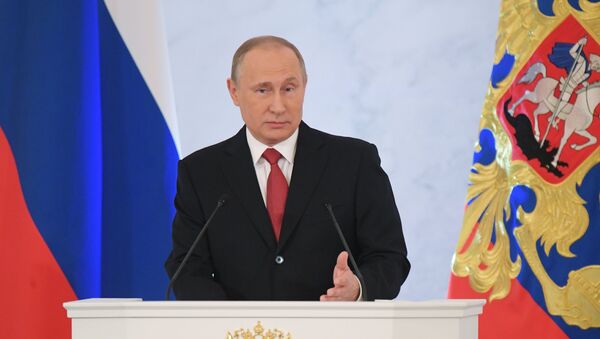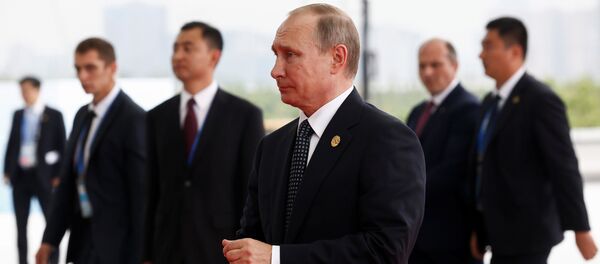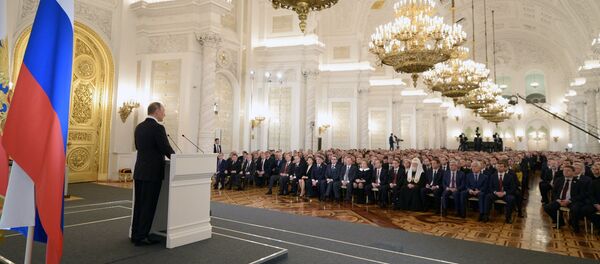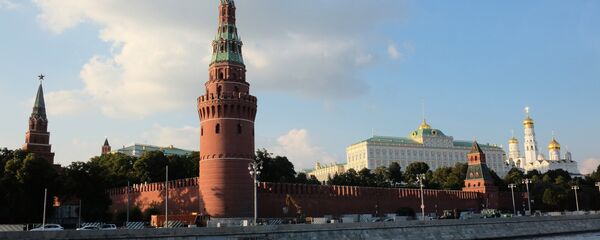Trump's win in the United States and upcoming elections in Europe may potentially swing the balance in Russia's favor, intelligence firm Strategic Forecasting, Inc. (Stratfor), dubbed the "shadow CIA," reported Thursday.
"The Brexit vote in June exposed the deep discord in the European Union, giving Moscow a glimmer of hope that dissenting member states might break the bloc's consensus on its sanctions against Russia in a future vote on their renewal," Stratfor's analytical report reads.
According to the intelligence firm, the current developments will allow Moscow to increase its influence in the post-Soviet space and reduce tensions with the West-leaning Moldova, Georgia and Ukraine.
Stratfor calls attention to the outcome of the November 13 presidential election in Moldova, which "ushered the pro-Russia leader of the country's Socialist Party into power."
For its part, Georgia has begun to soften its position on the breakaway territories of Abkhazia and South Ossetia. Furthermore, according to Stratfor, Tbilisi is likely to bolster its economic ties with Moscow in 2017.
"Unlike Moldova, Ukraine is unlikely to elect a pro-Russia leader," the intelligence firm points out, "But the changing political circumstances in Europe and the United States could force the Ukrainian government to temper its position on the Minsk protocols and take a more conciliatory approach to negotiations with Russia over eastern Ukraine."
Stratfor's analysts envision that Moscow will continue to push ahead with its integration initiatives, such as the Eurasian Economic Union (EEU) or the Collective Security Treaty Organization, especially in the context of the EU's shrinking interest towards its Eastern Partnership program.
"The political transformations underway in Europe and the United States could give Moscow more room to restore its standing throughout Eurasia," Stratfor concludes.
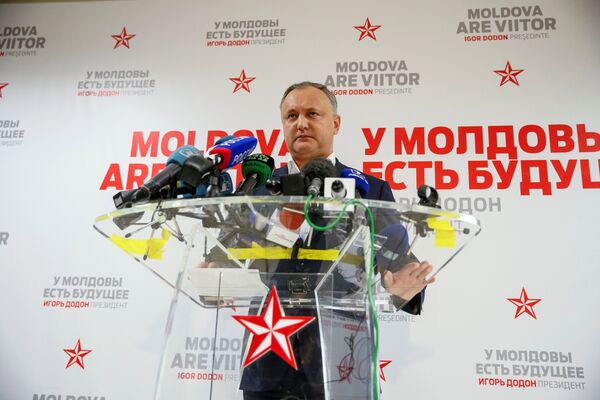
Still, Russia does not aim to play a tug-of-war game with the EU. Instead, Moscow offers a large-scale Eurasian partnership to the West.
"Russia's idea of forming a multilevel integration model in Eurasia, a large-scale Eurasian partnership, is very interesting. We have begun discussing it on international and regional levels. I am sure that this discussion is possible with the EU countries in which the demand is now growing for the independent political and economic directions. We see this in the results of the elections," Russian President Vladimir Putin highlighted in his State of the Nation Address on Thursday.
"Putin now offers the EU to start a multi-level dialogue. The time has come for it. This trend is serving the interests of many European countries," Kerny underscored.
The columnist suggested that Brussels will try to throw a wrench in any attempt by European states to conduct independent foreign policy. However, according to Kerny, the process is unstoppable.
"Europeans are asking: Who actually benefits from making an enemy out of Russia? Politicians, businessmen and ordinary people are trying to answer this simple question. I am sure that they will entertain Putin's idea of beginning a dialogue on the formation of a large Eurasian partnership with the EU," Kerny told Sputnik.
For its part, Polish scholar Janusz Niedźwiedzki of Warsaw University of Technology, highlighted that Moscow has clearly signaled that it is shifting from the globalization concept to the "Concert of Nations" doctrine.
"[Putin's address] sent a clear signal that Russia is moving away from the concept of the global world embracing the idea of the "concert of nations" — the concept that will shape the realities of the 21th century — and is looking for political allies on the international arena," Niedźwiedzki told Sputnik Polish.
The scholar called attention to the fact that partly due to the European sanctions policy Russia is strengthening its ties with China demonstrating to other countries that it is open to dialogue.
